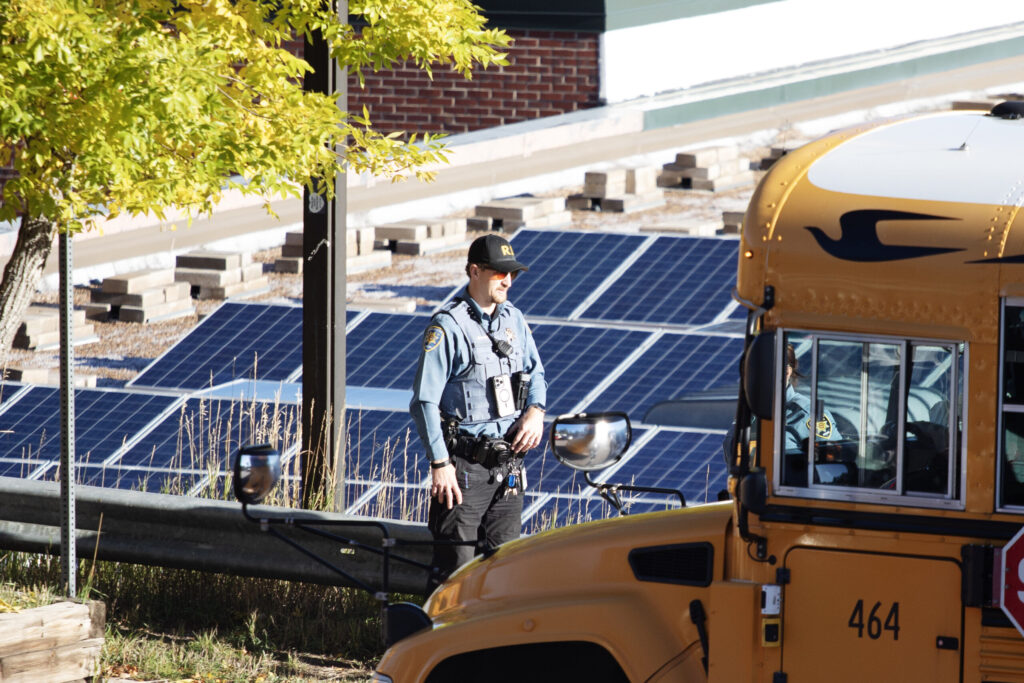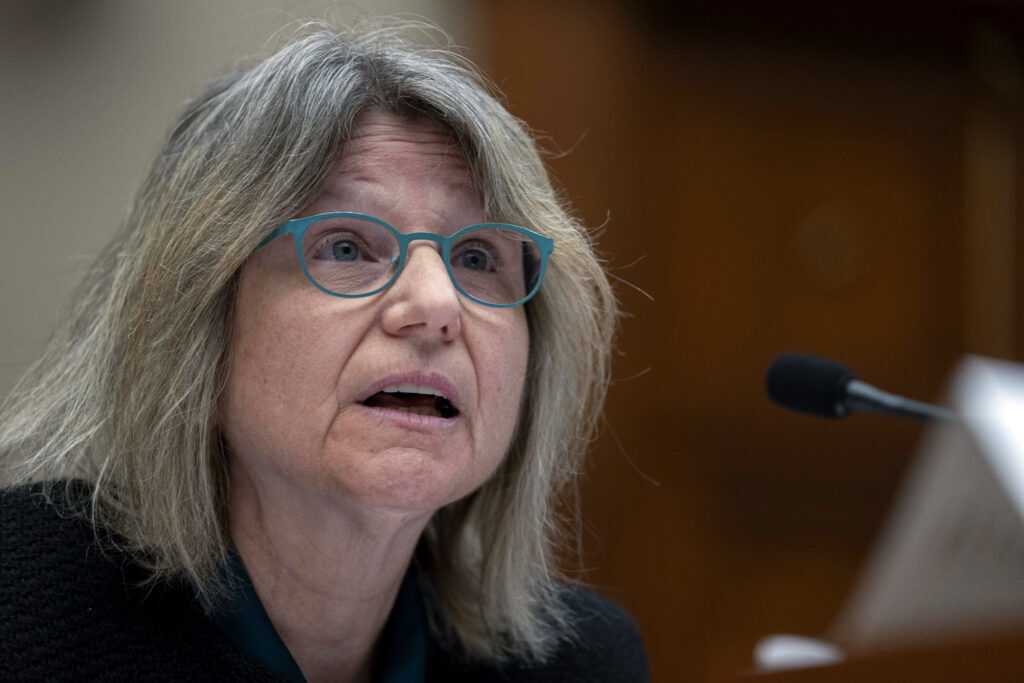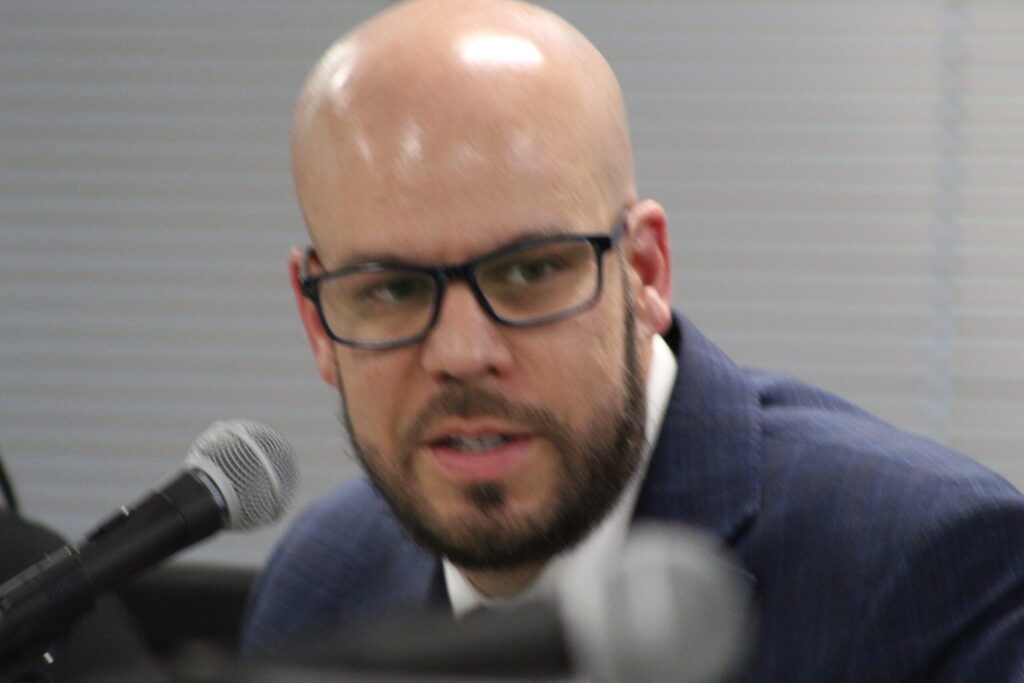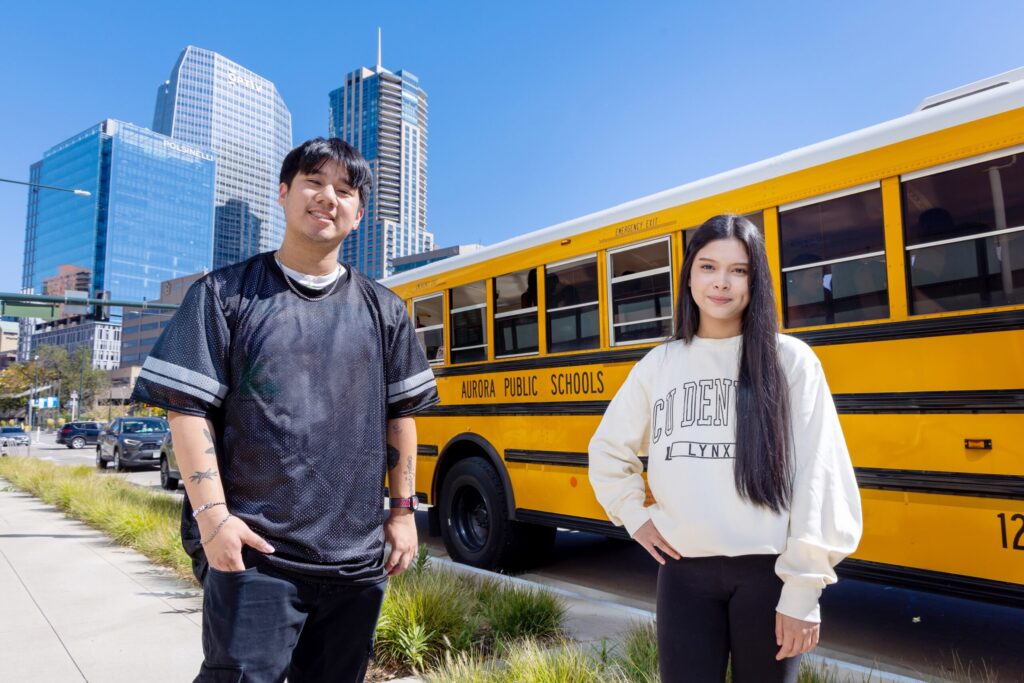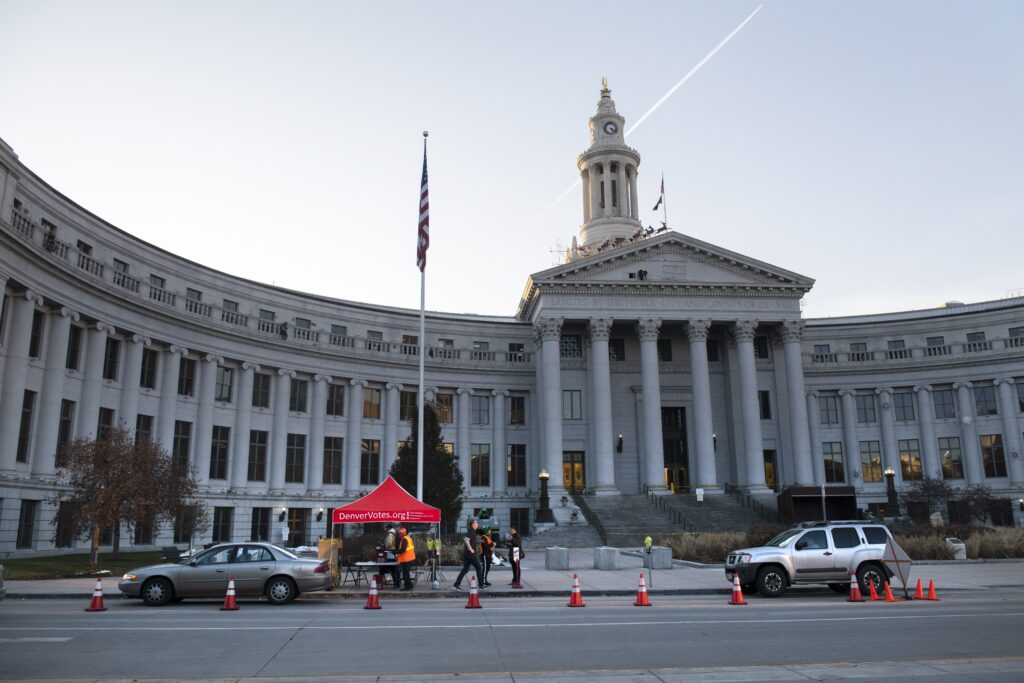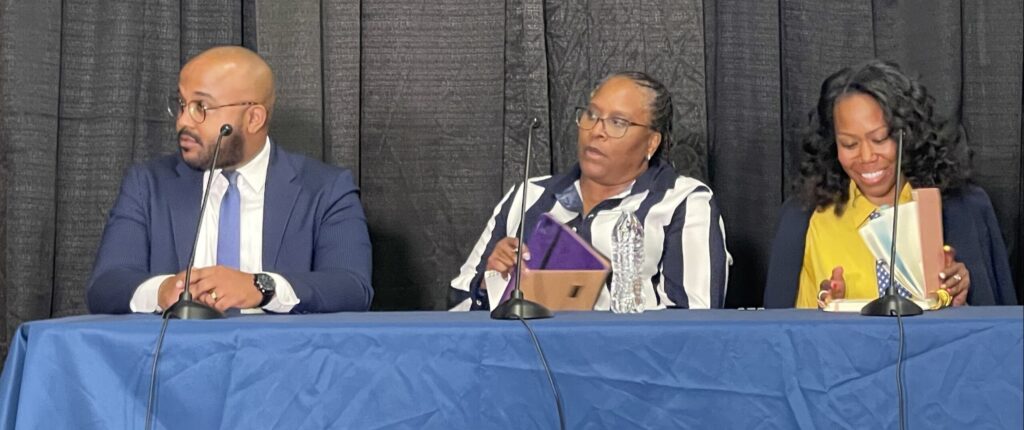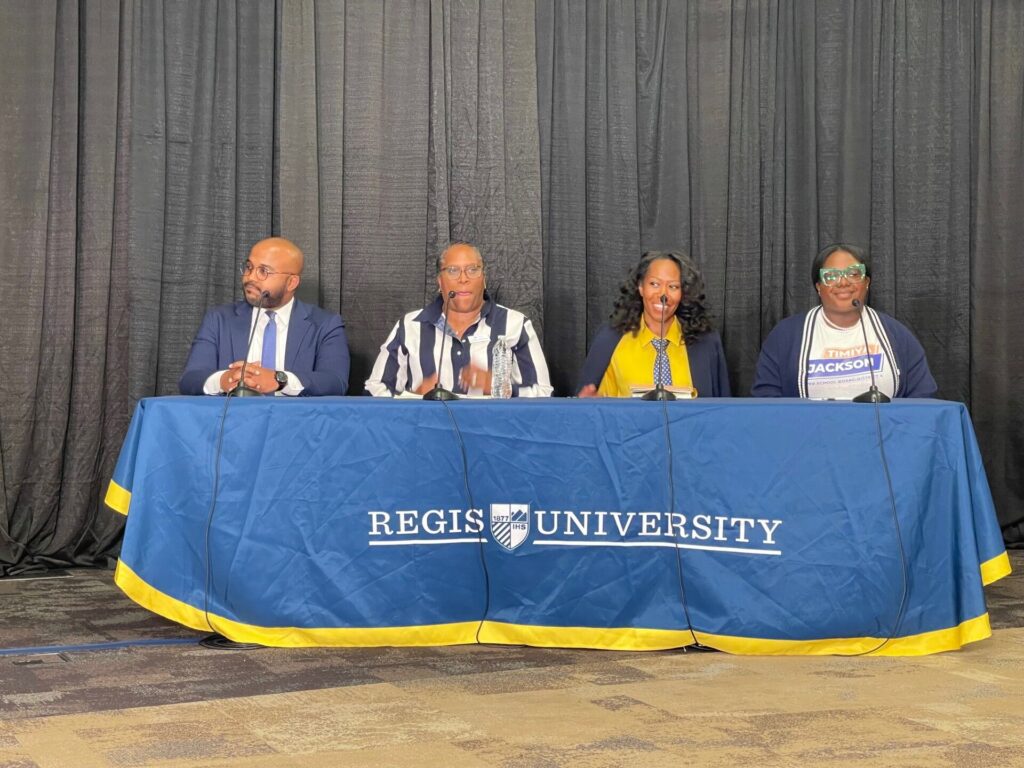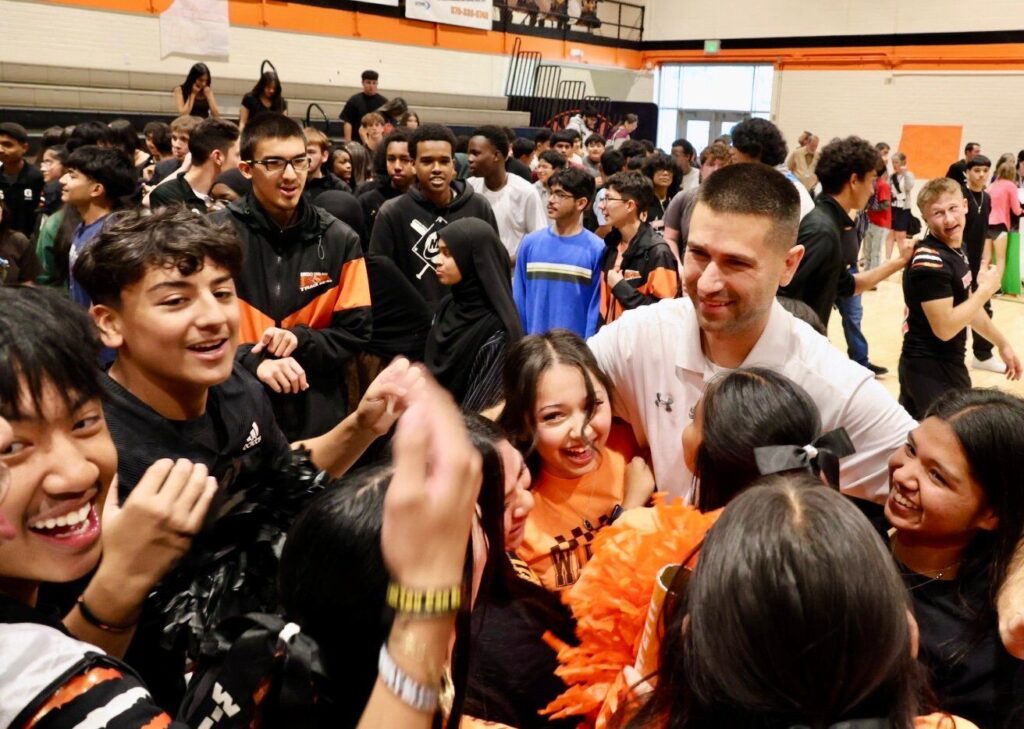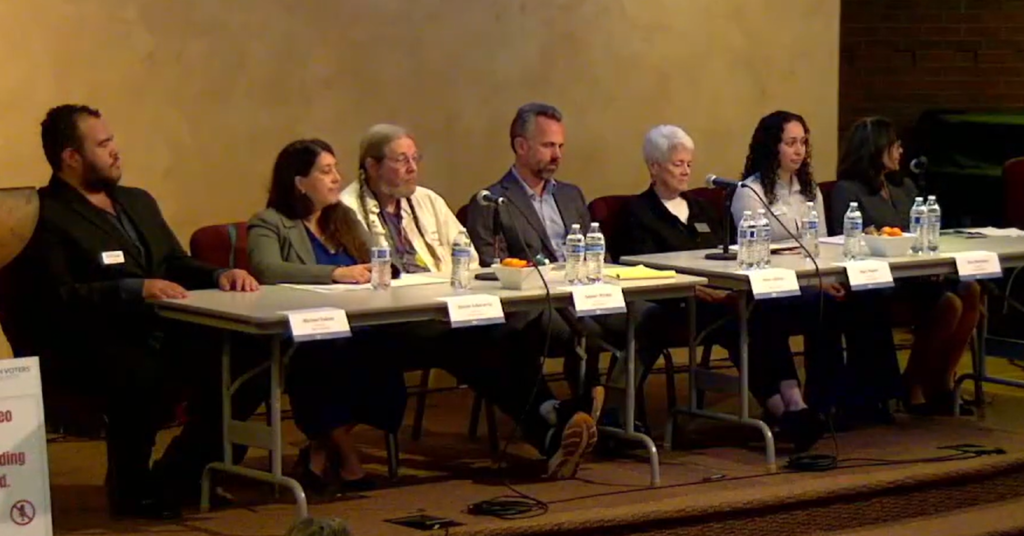Accusations of racism ripple through Denver school leadership
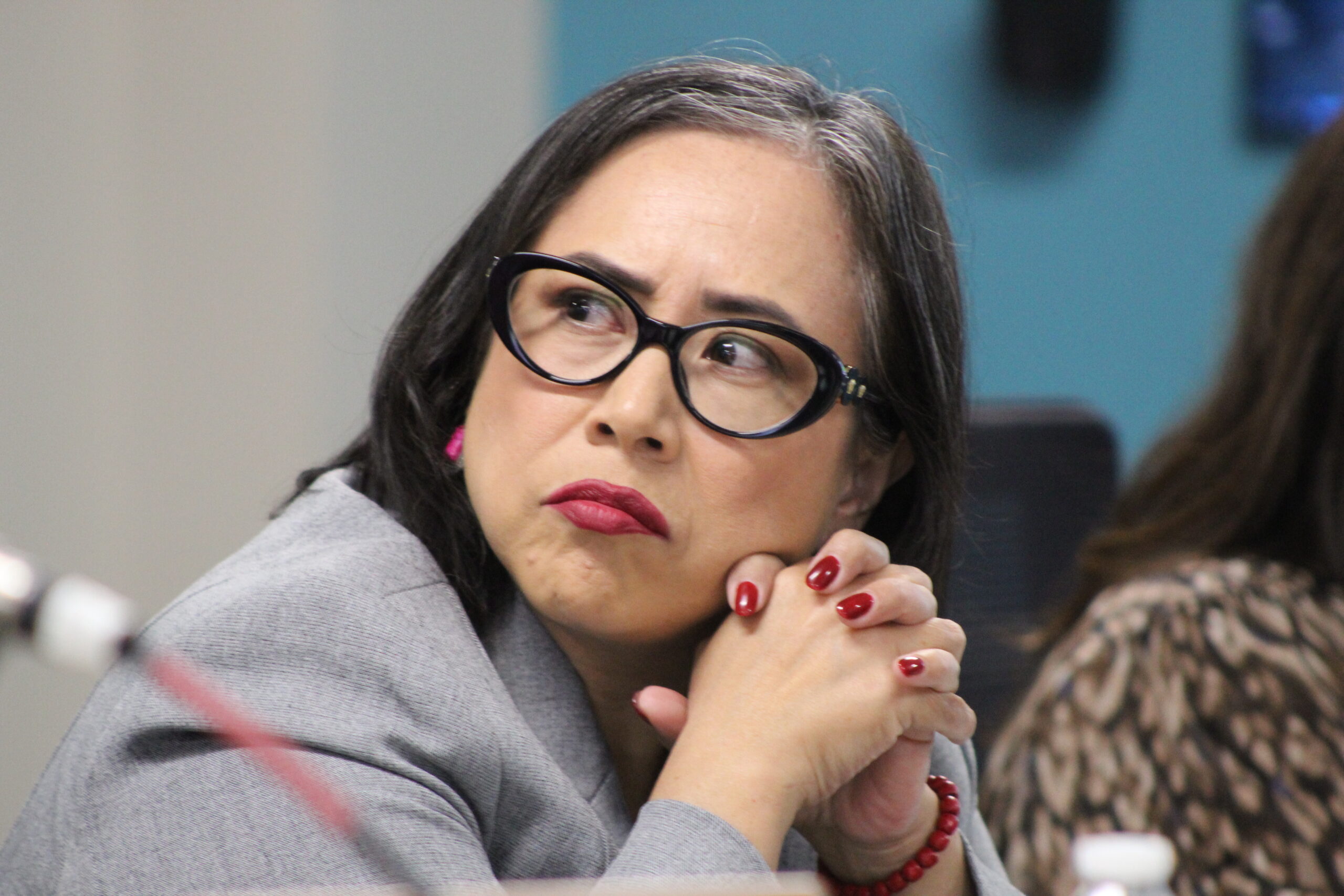
“Racist” has become a go-to accusation by Denver Public Schools leaders and those who attend board meetings.
A White woman asking a Black heckler to stop? Racist.
A White board member proposing guardrails on the board of education hiring outside counsel when the district has in-house Black counsel? Racist.
Another White board member accused of angling for Superintendent Alex Marrero’s job? Racist.
The word is powerful, but is it being used accurately?
Community leaders interviewed by The Denver Gazette acknowledged Denver’s painful history of racism — including decades of school segregation that led to a U.S. Supreme Court–ordered busing program and later findings that the district has resegregated.
But they also warned that overusing accusations of racism can dull its meaning and damage real conversations about equity.
“When something genuinely racist happens and we need to have a conversation on racial justice, I get concerned because I worry that folks won’t listen and take us seriously,” said Nicholas Martinez, executive director and co-founder of Transform Education Now (TEN).
A Colorado-based nonprofit, TEN is focused on ensuring every student receives a “world class education,” according to the group’s website.
Martinez noted the accusation isn’t unique to Denver.
He said he’s been called a “racist” advocating for students in Adams 14, a district that has long struggled academically and ranks among the state’s lowest performers.
“They’re using it as a way to distract from real problems,” Martinez said of DPS. “If it’s racist, then we can say it’s not valid.”
Scholars frequently define racism as prejudice combined with power. Under that framework, a person of color leading an institution isn’t automatically immune from perpetuating racism if their policies or actions reinforce inequities.
Board President Carrie Olson acknowledged conversations about race can, at times, be “highly charged.” And she reiterated the district’s commitment to equity. But she also declined to say whether accusations of racism are being used as a cudgel.
“Denver Public Schools is deeply committed to confronting and dismantling systemic oppression — particularly those inequities that impact our students and staff of color and other historically underserved and underestimated groups,” Olson said in a statement.
“Our commitment to equity for every member of our school community is a foundational value.”
‘The wrong message’
The concerns are not hypothetical. A racism allegation has been made at least three times in the past two years.
Earlier this month, Director Xóchitl Gaytán called a policy establishing guidelines for when the board seeks outside legal counsel “racist” because she said it undercuts the district’s general counsel, who is Black.
When voting against the measure on its first reading, Gaytán said her opposition was about sending “the wrong message to our staff.”
The policy, introduced by Director Kimberlee Sia, is intended to set parameters for when the board uses outside counsel — not replace the district’s general counsel, Aaron Thompson.
“The reason the board needs a policy is because it was not spelled out anywhere,” Sia said.
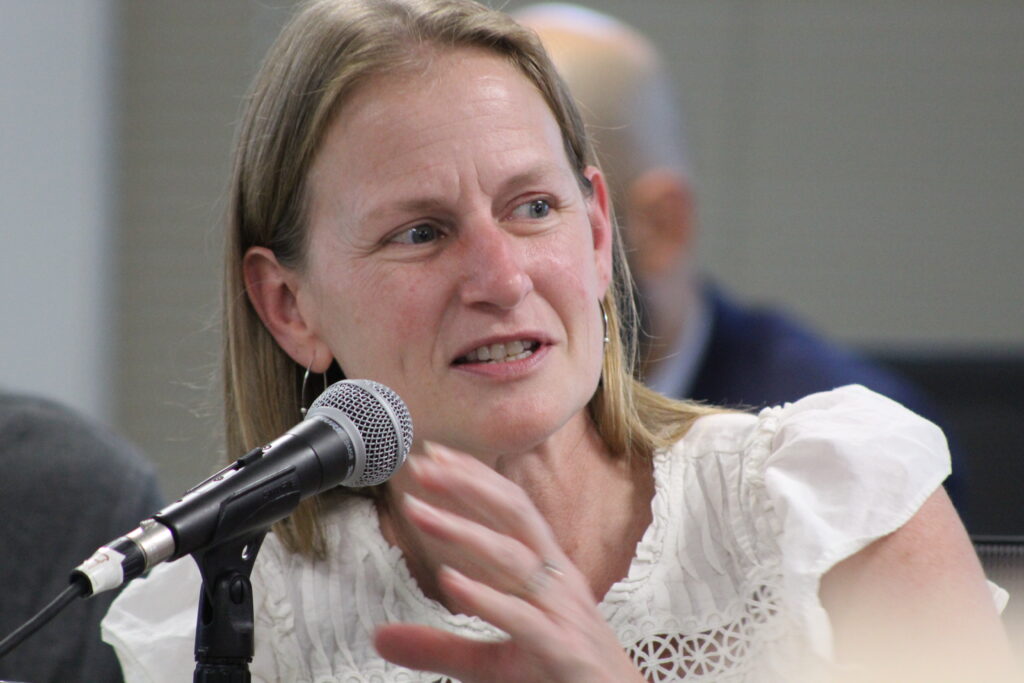
The board adopted a “policy governance” model in 2021, which defines the roles and responsibilities between the superintendent and board of education. In theory, the model allows the board to focus on advancing its vision for the district, though many policies are still being developed — including the one on outside counsel.
Sia first proposed the measure in June. The policy has gone through two readings and requires a third for final approval.
A policy that has not yet been implemented — or even adopted — is difficult to characterize as “racist,” said Nate Easley, a former Denver Public Schools board president.
Systems, rather than individuals, wield greater power and their design can determine whether inequity persists. It’s for that reason, Easley said, that he is more concerned with systemic outcomes than individual intent.
“I think it’s really hard to prove that when you’re creating a policy, before you’ve even finished creating that policy, that it’s racist,” Easley said.
Easley, who is Black, serves as the vice chair of the Colorado State University System Board of Governors.
A policy’s outcome, Easley said, will indicate whether it has a discriminatory effect.
“I think it’s on Xóchitl to say how she’s not trying to use it as a cudgel,” Easley said.
Gaytán declined to comment.
‘It’s a real attack on me’
Gaytán’s accusations of racism were the second leveled publicly in the past five months.
In May, Marrero accused Director John Youngquist of “racial insensitivity” and a conflict of interest — alleging the board member was quietly vying for his job.
“I am writing to formally raise grave and ongoing concerns about Board Member John Youngquist’s behavior, which I believe has crossed a threshold of acceptable conduct and now constitutes a serious threat to the health, functionality, and integrity of our school district,” Marrero wrote Olson in an April 22 letter.
“Over the past year, Mr. Youngquist has consistently demonstrated a pattern of hostility, policy violations, racial insensitivity, and unethical conduct that has created a toxic working environment, undermined district leadership and distracted from our core mission, of serving all students equitably.
“Most troubling, it is increasingly clear that Mr. Youngquist is not invested in the success of Denver Public Schools. Instead, his behavior signals an intent to cause harm — in pursuit of personal ambition.”
Marrero requested that the board censure Youngquist.
That complaint is being investigated by the outside law firm Garnett Powell Maximon Barlow & Farbes. To date, the costs associated with the investigation total roughly $40,000, district expenditures show. A report is expected soon.
At the time, Youngquist said he was blindsided by Marrero’s accusation.
“It’s a real attack on me,” Youngquist has said. “I don’t understand the intent or motivation behind this.”
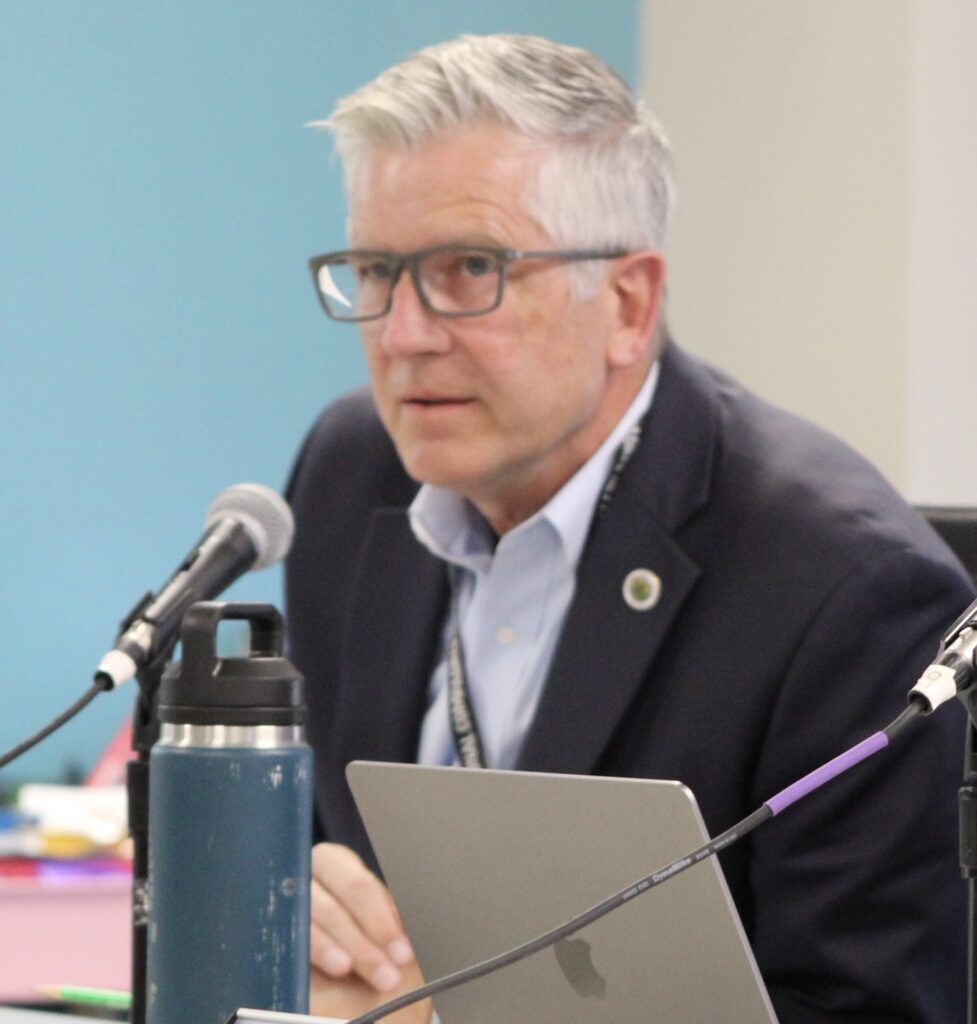
Youngquist was elected to the board in 2023, amidst a campaign to shift control of the DPS board by electing new members aligned with reform-minded or anti-Marrero factions.
Before running for the at-large seat, Youngquist was a longtime educator who served as area superintendent for DPS from 2011 to 2013 and as principal at East High School — the district’s flagship campus.
Youngquist declined to comment for this story.
‘The main weapon in their toolkit’
These disputes are not isolated.
Tensions first flared two years ago when the district fired Kurt Dennis, the popular McAuliffe International School principal, after he told 9News that officials had pressured him to keep on campus an elementary student police believed was involved in an attempted murder.
Ahead of the 6-1 vote approving his dismissal, a public comment meeting drew more than a dozen speakers supporting Dennis — among them, Kristin Fry.
Others — including Hashim Coates and MiDian Holmes Shofner — urged accountability for how Black students were treated at McAuliffe, citing disciplinary disparities and a “seclusion room” under Dennis’ leadership that some characterized as an “incarceration room.”
Throughout the meeting, Coates heckled speakers — including Fry — who defended Dennis.
Fry paused during her comments to address him: “Please be respectful of the speakers, sir.”
The next day, Coates emailed the board, alleging an assault.
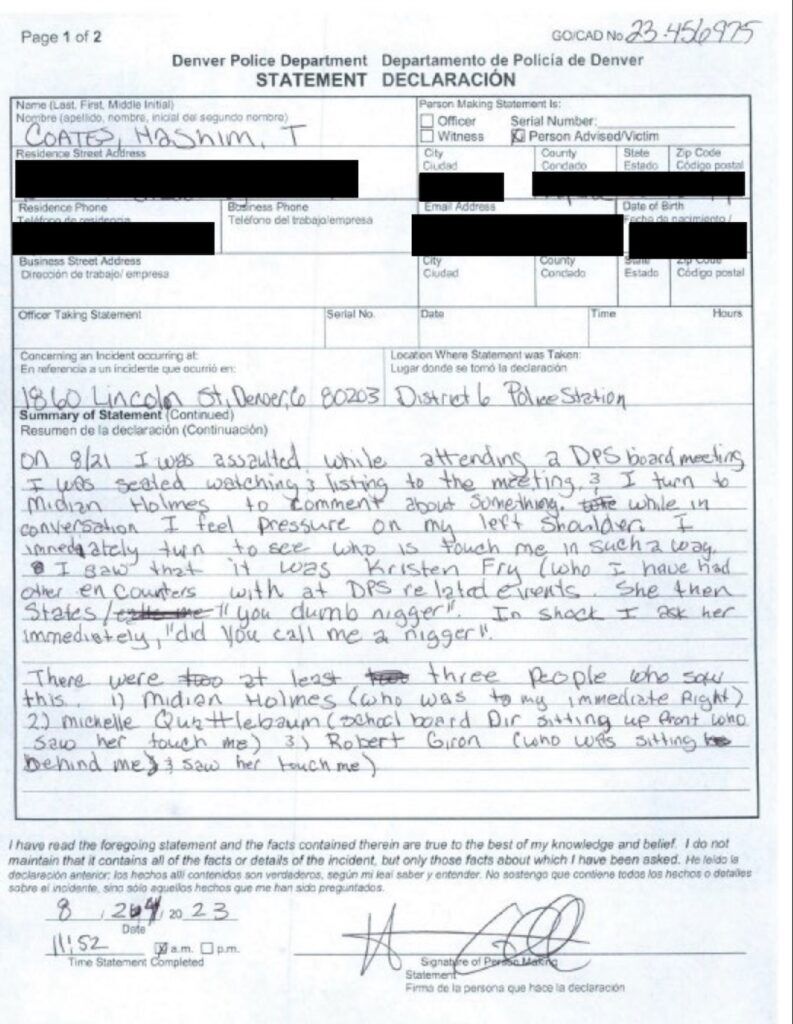
“A sudden, unwelcomed grip on my shoulder caught me off guard,” he wrote. “In a whisper, the utterance of a vile racial slur, ‘You dumb N***er,’ escaped from Fry’s lips.”
Two days later, Coates filed a police report, claiming Shofner and Director Michelle Quattlebaum had witnessed the incident.
Fry was cited for disturbing the peace, but the charge was dropped after DPS surveillance footage showed no evidence of an assault.
She later filed a defamation lawsuit against Coates, Shofner, former board Vice President Auon’tai Anderson, Directors Gaytán (then president of the board), Quattlebaum and Scott Esserman, as well as the school district.
A U.S. district judge last month ruled the case can move forward.
Coates has since backtracked, saying Fry’s hair had brushed against him and caused discomfort.
“It jolted me,” he said. “Black people feel pain differently.”
Shofner, however, has doubled down, claiming other footage she does not possess shows the assault.
The others either declined to comment, citing the lawsuit, or did not respond to The Denver Gazette.
Fry’s lawsuit alleges that Coates, Shofner and the others retaliated and conspired to accuse her of “a hate crime assault during a public school board meeting and pursuing criminal charges against her for months, only stopping when late-disclosed video evidence proved their claims were demonstrably false.”
“The main weapon in their toolkit is to call people a ‘racist’,” said James Kerwin, Fry’s attorney. “The only people who don’t care about being called racist are actual racists.”
‘We’re all recovering racists’
The recent disputes appear to be part of a broader, worrisome pattern in which a cycle of accusations of racism and retaliation have deepened community divides.
The way Jennifer Holladay — an education consultant, former DPS employee and self-described “White ally” — sees it, this moment calls for “both and” thinking.
The district, she said, needs to remain a safe place for individuals to raise concerns. And racism should not be weaponized.
“It’s very unlikely that we are going to see a situation the same way as a person of color because we have different lived experiences,” Holladay said.
Holladay added: “I think the most important thing is that we figure out a way to stay at the table and keep talking to each other.”
Others, however, see the repeated accusations as less about harm and more about maintaining power.
Martinez, with TEN, said the impulse to call out racism can sometimes derail the very conversations meant to address inequity.
“It’s less a cudgel and more of an excuse not to make progress,” Martinez said. “I think it’s a distraction.”
Holladay acknowledged that staying engaged through discomfort is difficult, but necessary work.
Easley, the former DPS board member, agreed, noting change begins with self-awareness.
“I think in the United States we’re all recovering racists,” Easley said. “We’re all recovering sexists; we’re all recovering homophobes — because of the society that we were raised in.”






